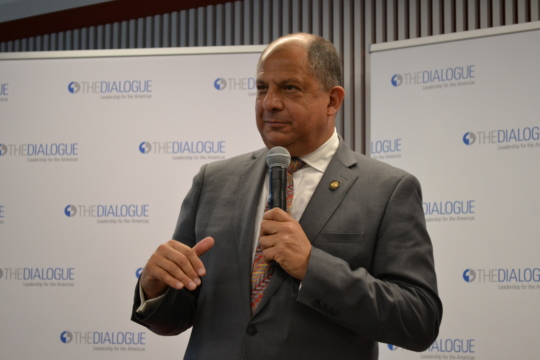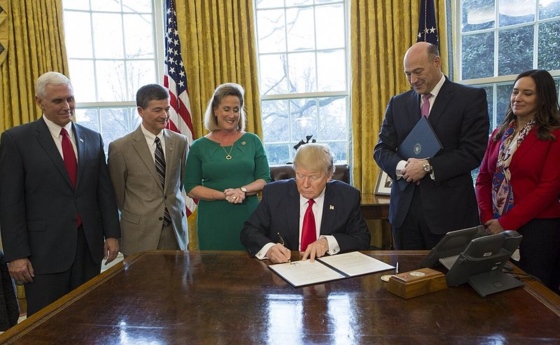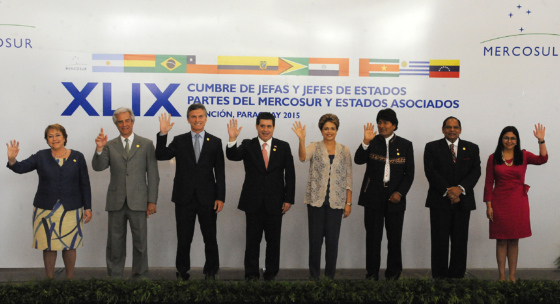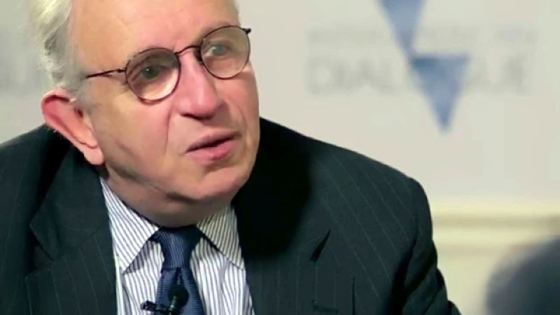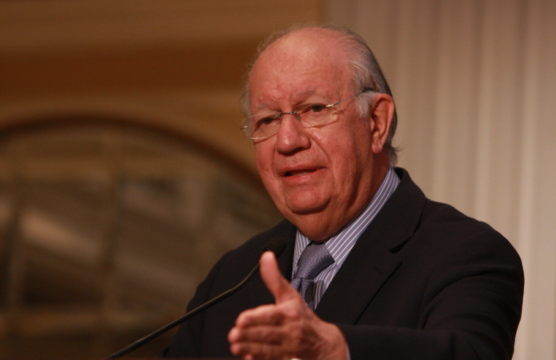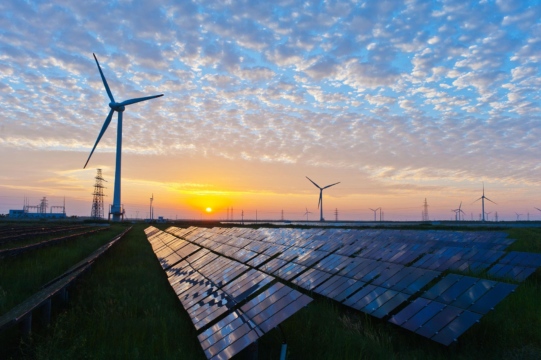
Clean Power in Latin America
As Latin America moves towards reducing greenhouse gas emissions and fulfilling its Paris commitments, it must also work to meet rapidly growing electricity demand, which is projected to almost double by 2040.
As Latin America moves towards reducing greenhouse gas emissions and fulfilling its Paris commitments, it must also work to meet rapidly growing electricity demand, which is projected to almost double by 2040.
On March 16th the Dialogue welcomed the President of Costa Rica, Luis Guillermo Solís. With persistent problems of crime and violence, ongoing migration challenges, lackluster regional economic growth, continuing concerns about corruption in many countries, and uncertainties about the new US administration’s policies, Central America faces a complicated and unsettled situation. President Solís discussed these issues and several others during this open discussion at The Dialogue.
Cuts to Washington’s energy engagement could undermine the connections that help support U.S.–Latin American cooperation on issues from security to immigration. When it comes to weakening energy integration in the Americas, there are few winners.
The intensity of the clash within Mercosur highlights how much has changed in South America since Venezuela joined the bloc four years ago.
Latin America’s integration schemes so far seem mostly toothless and ineffectual, partly because each country is mainly focused on pursuing its own national agenda.
Latin America inequality gap, economic integration, and infrastructure and education systems were among the issues spotlighted at the XVII Annual CAF Conference.
